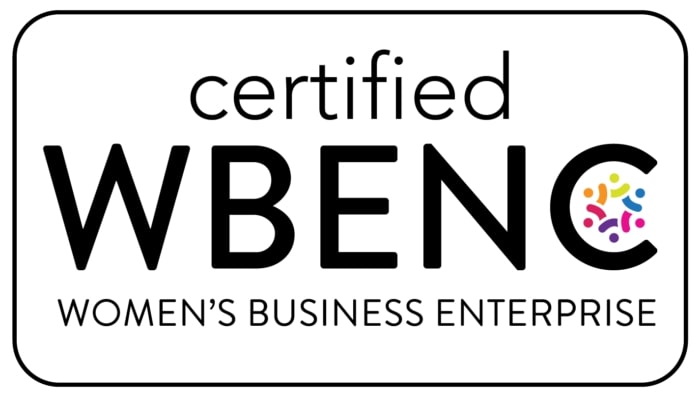On August 17, 2015, the United States Citizenship and Immigration Services (USCIS) released a final version of the L-1B Adjudications Policy Memorandum, which became effective on August 31, 2015.
The final publication of the L-1B Adjudications Policy Memorandum provides “consolidated and authoritative guidance on the L-1B program superseding and rescinding certain prior L-1B memoranda” and updates the Adjudicator’s Field Manual. The memorandum will be used to guide the adjudication of all L-1B petitions pending or filed with the USCIS as of August 31, 2015.
The final publication of the memorandum largely remains the same as an initial L-1B memorandum posted by the USCIS in March 2015, which was open for public feedback until May 2015. During the period in which the initial memorandum was open for public feedback, many concerns were raised about unknown effects of the initial memorandum, including the already ever-increasing backlog in the Green Card process for workers in an L-1B classification, the failure of the L-1B program to specify wage requirements, the inability of workers in this classification to change employers, a lack of protection for the U.S. labor force, and most notably the major discrepancy in the previous adjudications of L-1B visa petitions amongst foreign nationals from different countries. The USCIS, however, has failed to address these issues amidst the finalization of the L-1B Adjudications Policy Memorandum.
The final version of the L-1B memorandum reiterates some salient aspects of the L-1B visa program and the interpretation of specialized knowledge including:
- Specialized knowledge is knowledge that is not easily obtained or imparted to other individuals
- Specialized knowledge “need not be proprietary” or “narrowly held within the Petitioning organization”
- Specialized knowledge need not command a high wage or managerial position within the Petitioning organization
- A test of the US labor market is not required for the L-1B visa program
The memorandum establishes that one of two statutory criteria must be met by Petitioners looking to demonstrate specialized knowledge and that favorable comparisons are the way in which Petitioners can meet these criteria:
Criteria 1: Specialized Knowledge – The Beneficiary must have special knowledge of the Petitioner’s products and/or services and their application in the international market. In this case, the Petitioner must demonstrate that the Beneficiary has knowledge in their products and services that is “distinct or uncommon in comparison” to the knowledge of similarly situated workers in the particular industry.
Criteria 2: Advanced Knowledge – The Beneficiary must have advanced knowledge of or expertise in the Petitioner’s processes and procedures. The Petitioner must demonstrate that the Beneficiary has knowledge in their processes and procedures that is “greatly developed or further along in progress, complexity, and understanding in comparison” to other workers employed by the Petitioner.
With regards to L-1B extensions, the L-1B memorandum establishes that the USCIS will make a decision on an L-1B extension petition based on the record before it, consistent with the new policy provided in the final memorandum. The USCIS will give deference to the prior determinations whereby the USCIS approved the L-1B petition, as long as the circumstances of the extension petition are largely the same as the circumstances of the original petition.
Please feel free to contact USILaw with any questions or issues that you may have. You may reach us via telephone at +1 (202) 618 4540 or via email at info@USILaw.com.




